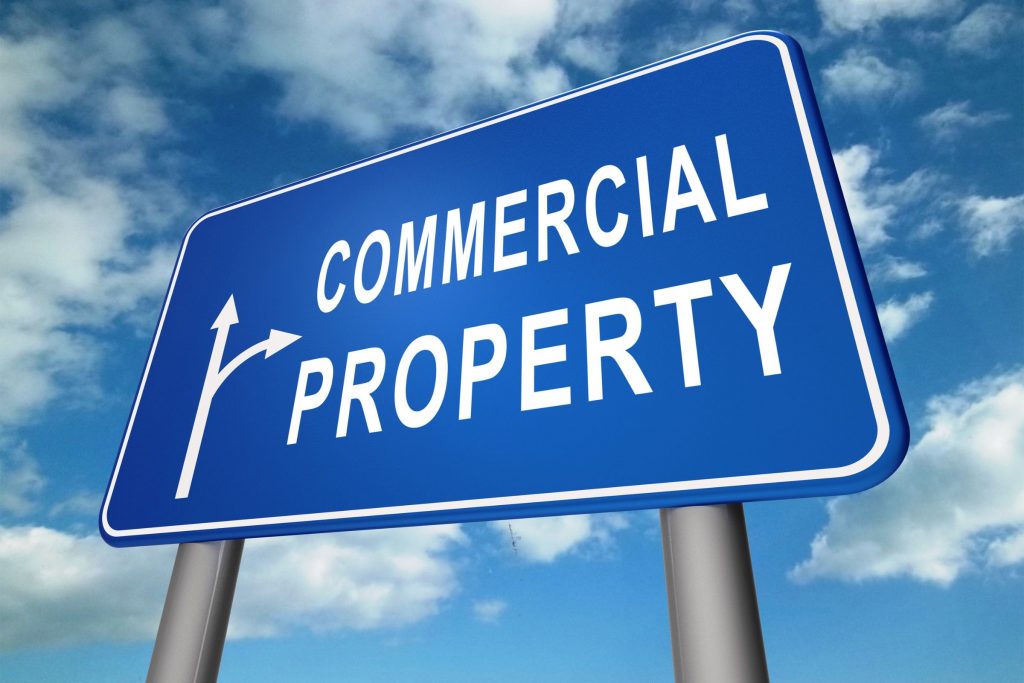Commercial real estate owners. Most business owners must eventually confront the issue of whether to purchase or lease their office space. There are many factors to consider in making this important decision. New or seasoned practice owners with a strong financial profile, a clear picture of future growth, and the ability to take advantage of the tax benefits of ownership, a commercial real estate purchase can provide a solid foundation for growing the business.

Following are a number of potential advantages to being commercial real estate owners:
HISTORICALLY LOW PRICES
Commercial properties are far less expensive today than they were before the recession. In some areas, it may ultimately be less costly to purchase and outfit commercial real estate than to build-out and rent a leased space. While property values will not likely rise at the aggressive rates seen from 1998 through 2005, it is a safe bet that at today’s lower prices, both residential and commercial real estate values are likely to appreciate over time. The property owner will receive the full benefit of that appreciation.
FAVORABLE FINANCING RATES
The most significant cost of purchasing real estate is the mortgage interest rate. Today, rates for commercial real estate purchases continue to be at an all-time low, ultimately saving significant funds as you pay down your commercial mortgage. However, obtaining financing can still be a challenge, so it’s critical to maintain a spotless financial profile and be prepared with a comprehensive business plan that makes the case for the viability of your practice. Also, consider working with a lender that specializes in dental practice financing and understands your particular needs.
EQUITY APPRECIATION
As you build equity in your business real estate, it becomes a more valuable asset that you can leverage to further grow your business without putting your practice itself at risk. This gives you greater flexibility in managing your business growth. It also gives you additional options when the time comes to retire. As the commercial property owner, you can sell the property outright at the time of retirement, or lease the commercial property, which produces an ongoing income stream.
CASH FLOW OPPORTUNITIES
If you purchase commercial property that has space for tenants, you have opportunities for additional cash flow through rental income. You can use tenant income to help pay down the property purchase, thus offsetting the cost of your investment. However, it’s important to remember that having tenants involves property management responsibilities that may detract from attending to your core business.
TAX ADVANTAGES
Owning your own real estate allows you to depreciate your asset while writing off all of the mortgage interest paid during the year. You can also enjoy the benefits of several tax deductions designed for the business or property owner:
- Section 179 — IRS Tax Code Section 179 allows deductions for equipment and furnishings purchases that are put into service the same year that they’re purchased. For the past three years, Congress has granted a generous deduction of $500,000, which can be a significant contribution toward offsetting the cost of the property purchase.
- Cost segregation — This method of depreciation allows you to depreciate the building and components, such as wiring and lighting, over a 39-year period, which offsets the cost of building maintenance for a significant amount of time.
- 1031 exchange — Investment properties used in a trade or business can be sold and the funds applied toward the purchase of a similar or like property within 180 days of sale, without reaping any tax consequences. The purchased property must be of equal or higher value to avoid a tax penalty. This provides leverage for a practitioner to move his or her practice to a larger facility as the practice grows, without being hindered by tax penalties.
Before purchasing commercial real estate, be sure to consult with a CPA, financial advisor, or the Glenn Group to fully understand how a purchase would affect your particular circumstances.
